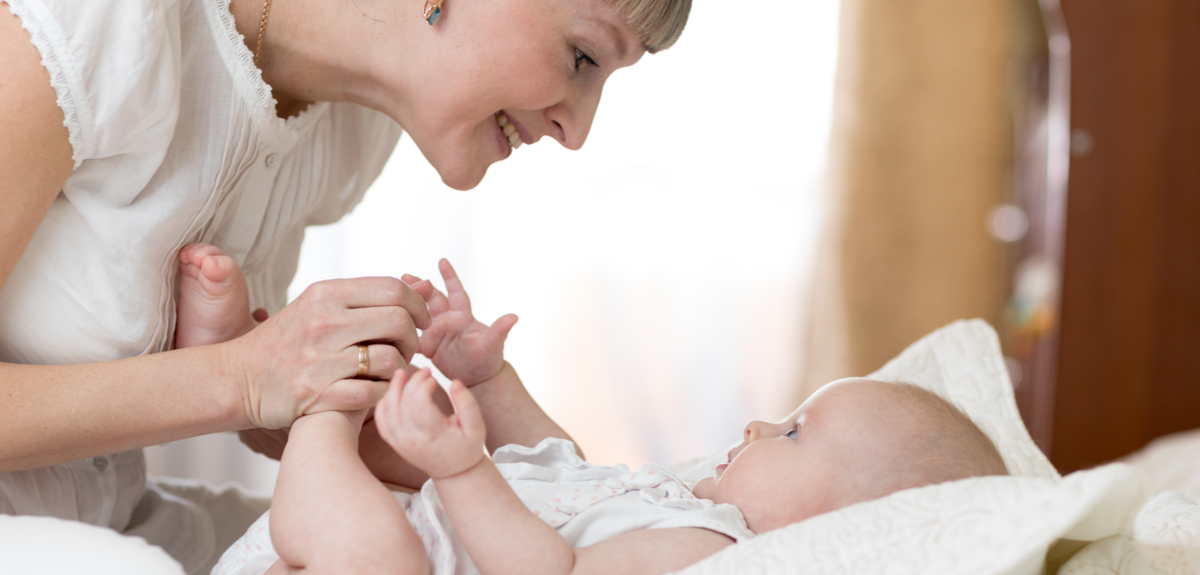Intensive, home-based and effective treatment of postnatal depression has been shown to be associated with positive child development.
Postnatal depression is a common experience for women after the birth of a baby, affecting at least 1 in 10 mothers in the UK. For some mothers feeling low may last for a relatively short period of time, whereas others can experience symptoms for many months. Postnatal depression can be associated with negative effects on the child and the risks are increased when the depression persists. Previous research suggests that treating maternal depression alone may not be sufficient to mitigate any possible effects on children’s development.
A team of researchers at the University of Oxford’s Department of Psychiatry, led by Alan Stein, conducted a randomised controlled treatment trial for women experiencing persistent depression in the postnatal period. The aim was to test whether combining a psychological treatment for depression with an intervention specifically focussed on supporting parenting would enhance aspects of children’s development. Thus, all women were provided with evidence-based cognitive behaviour therapy (CBT) for depression. Half of the women also received a video-feedback intervention to support the mothers’ interaction with their infants; while the other half received progressive muscle relaxation (a treatment for general stress which acted as a control). All treatment was provided by clinical psychologists in the family home. In total 144 mothers and their children were enrolled into the study, with 72 mother-child pairs in each group. Therapy was delivered when the children were aged between 5-12 months. There were 11 therapy sessions before child age one year, followed by two booster sessions in the second year of life.
The results, published in The Lancet Psychiatry, show that following the intervention mothers in both groups had high levels of remission, with over 80 % no longer being clinically depressed at the end of treatment at one year; and these levels of remission were sustained at the final assessment when the children were two years of age.
Children's development was assessed when they were two years old. There were no differences between the two groups and all aspects of their development were as expected for children of this age, including cognitive and language development, behaviour and attachment. The finding of these positive developmental outcomes for children suggest that if mothers get the help they need for their persistent depression it is important in promoting their children’s development.
The researchers believe four aspects of the treatment were key in effectively reducing depression:
1. The therapy being home-based, which meant families did not need to travel anywhere or arrange childcare for either their baby or any older children.
2. Having the CBT content focused on issues of direct relevance to a mother with a young baby.
3. The duration and frequency of the home visits.
4. Having the extra visits (boosters) some time after the end of the main therapy sessions, which provided a useful reminder of strategies and techniques.
Professor Alan Stein of Oxford's Department of Psychiatry, said: 'The findings of this study suggest that treatment of postnatal depression, even when persistent, can be effective in the majority of cases; and that such treatment is associated with good child outcomes. Given that evidence-based treatments are available, the provision of these treatments should be a high public health priority and consideration should be given to providing them at home.'
The full paper, 'Mitigating the effect of persistent postnatal depression on child outcomes through an intervention to treat depression and improve parenting: a randomised controlled trial', can be read in The Lancet Psychiatry.
